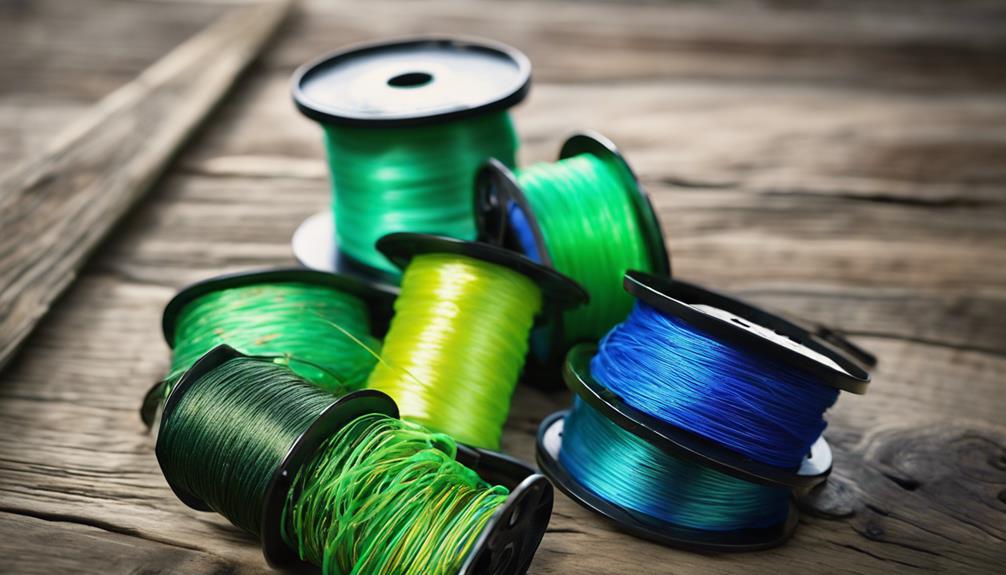Fishing is not just a pastime for many residents of Washington; it’s a cherished tradition that connects people to nature and fosters a sense of community. However, understanding the various fishing seasons is crucial for any angler. One of the most common questions among fishing enthusiasts in the Evergreen State is, “When does fishing season end in Washington?” In this comprehensive guide, we will delve into the specifics of fishing season closures, species regulations, and tips to make the most of your angling experience before the season wraps up.
Understanding Washington’s Fishing Seasons
Fishing seasons in Washington vary depending on the species of fish, the location, and specific regulations set by the Washington Department of Fish and Wildlife (WDFW). Generally, most freshwater and saltwater fishing seasons operate on a year-round basis, with certain periods designated as open or closed for specific species. For example, the fishing season for salmon might differ significantly from that of trout or bass. Understanding these nuances is essential to ensure compliance with local regulations and to enhance your fishing success.
Key Dates for Fishing Seasons in Washington
Typically, most fishing seasons in Washington start in late spring and run through early fall, with some exceptions. For instance, trout fishing generally opens in late April and extends through the summer months, while salmon fishing often begins in early summer and can run into late fall or even early winter for specific types. However, it’s crucial to consult the WDFW website or your local regulations for precise dates, as they can vary from year to year and by region. As for when does fishing season end in Washington? Many freshwater lakes close for trout fishing around late October, but specific closures can differ.
Species-Specific Fishing Regulations
When asking, “When does fishing season end in Washington?” it’s essential to consider the specific species you are targeting. For example, while trout fishing may close in late October, the season for certain salmon species can extend into December. Moreover, some rivers and lakes may have specific regulations that require catch-and-release during certain months. Familiarizing yourself with species-specific regulations is vital to ensure responsible fishing practices and to stay within legal guidelines.
The Importance of Seasonal Regulations
Understanding when fishing season ends in Washington is not just about following the rules; it’s about sustainability. Seasonal regulations are designed to protect fish populations during critical spawning periods. For instance, many fish species are more vulnerable during their spawning season, and fishing during this time can significantly impact population levels. By adhering to seasonal regulations, anglers contribute to the health of fish populations and the overall ecosystem. It’s a small sacrifice for the greater good, ensuring that future generations can also enjoy fishing in Washington’s beautiful waters.
Best Practices for End-of-Season Fishing
As fishing season comes to a close, it’s important to make the most of your time on the water. Planning your fishing trips strategically can increase your chances of success. Focus on areas where fish are likely to be concentrated as the season ends. For instance, consider fishing in shallower waters where fish might be feeding before the colder months set in. Additionally, utilizing the right bait and fishing techniques can make a significant difference. As the water temperatures drop, fish behavior changes, making it essential to adapt your approach.
Resources for Washington Anglers
For anyone looking to stay informed about when does fishing season end in Washington, the WDFW website is an invaluable resource. Here, you can find updated information on fishing regulations, seasonal changes, and local fishing reports. Additionally, local fishing clubs and online forums can be excellent sources of information and community support. Engaging with fellow anglers can provide insights into the best fishing practices, locations, and techniques to maximize your experience.
Environmental Impact of Fishing
As we enjoy the great outdoors, it’s essential to remember our responsibility toward the environment. Overfishing and poor practices can have devastating effects on local ecosystems. By adhering to seasonal regulations and practicing catch-and-release when appropriate, anglers can help maintain healthy fish populations. Moreover, participating in local conservation efforts and education programs can foster a community of responsible anglers committed to preserving Washington’s natural beauty for future generations.
Conclusion: Embrace the Fishing Experience
Understanding when fishing season ends in Washington is crucial for any angler wanting to enjoy the sport responsibly and sustainably. As you prepare for the end of the fishing season, take advantage of the resources available to you and engage with the fishing community. Remember that fishing is not just about the catch; it’s about the experience, the connection to nature, and the lasting memories created with friends and family. So, as the seasons change and the waters cool, make every moment count and cherish the time spent on Washington’s pristine lakes and rivers. Happy fishing!
